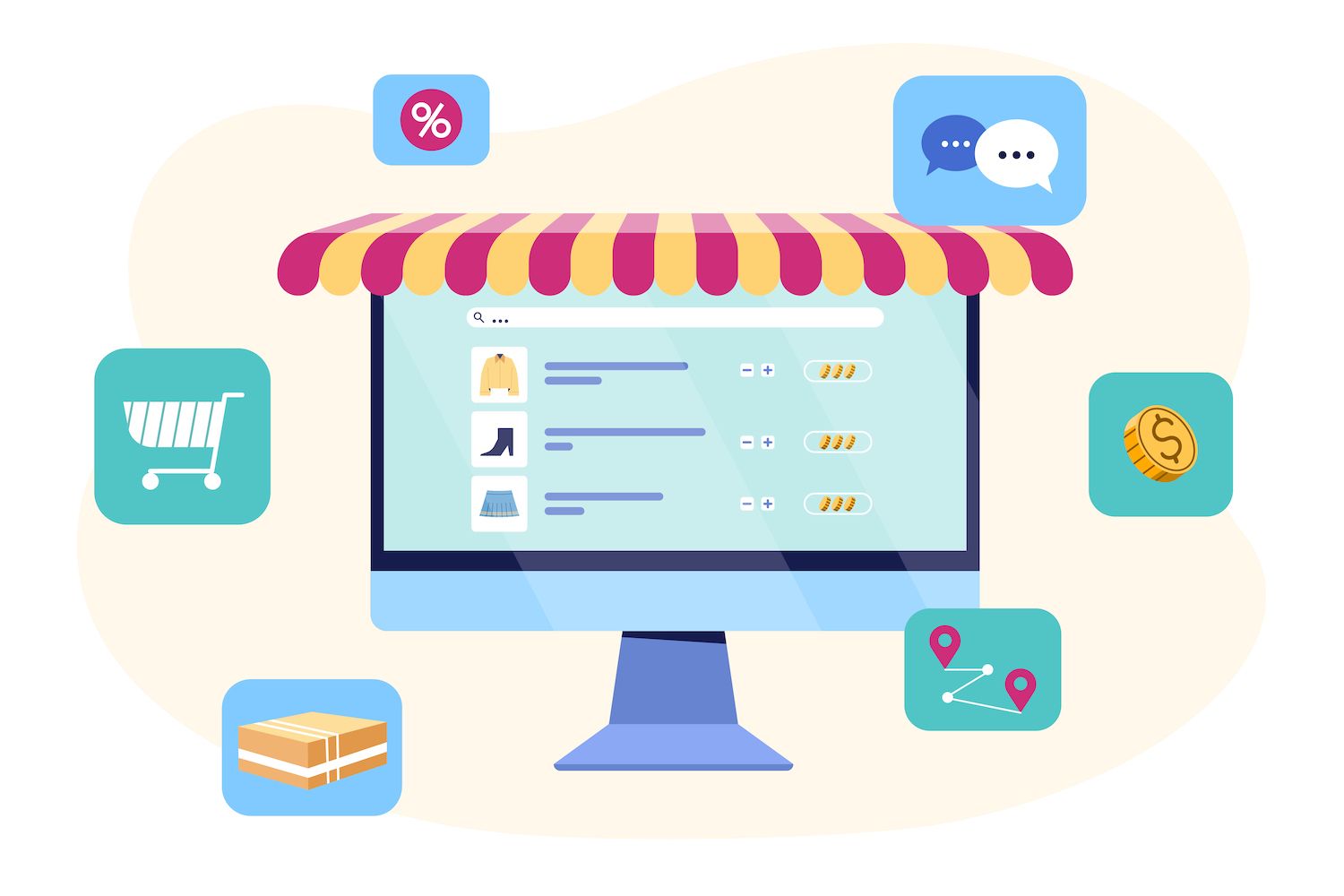Are you new to Payment Solutions? Start Here -- Payment Gateways 101
When setting up your online shop, you'll have to select an option for customers to check out and pay for their orders. It's likely that you're in a position to purchase goods and services online with your credit card, debit card, or bank draft. When you input details for payment during the checkout process on a website, the information is passed through a payment gateway to a payment processor that then executes the transaction between the site and you.
This process of paying by credit card, debit card or bank draft may seem simple from a consumer standpoint. As a proprietor of a shop the experience you have will be much different.
There are many payment solutions available with different options and fees. It is possible to use a distinct payment gateway and a separate payment processor, or a payment aggregater. You may hear these terms used interchangeably -- especially payments processor and payment gateway -- but they actually serve different functions.
Before you look into specific providers, let's explore the difference between gateways processors, and aggregators.
What is a Payment Gateway?
Consider payment gateways as an ATM reader for credit cards in a brick-and-mortar store, however, they are designed specifically for online transactions. They securely transmit information about transactions from an online shop to the payment processor. The processor then sends the information to the customer's issuing bank for validation.
The status of the authorization (approved or declined) is then sent back to the payment provider who sends the information to the website. It can take just a few seconds.
What exactly is a processor?
The processor of payments gets the details from the payment gateway and transfers that data between the customer's bank and the bank of the merchant. The processors can also help in settling disputes between sellers and buyers, make refunds, and set rates with the major credit card companies like Visa or Mastercard. To use the services of a processor for payments, businesses are also required to establish a merchant account.
If you have high sales volume, it allows you to directly negotiate with banks to get the most affordable rates. Additionally, the funds will be put into your account right away and you're less likely to encounter holds.
Because the setup involved with the setup of a payment processor is complex, shop owners often choose a less complicated alternative such as an aggregater.
What exactly is a payment aggregator?
Benefits of using a payment aggregater
Simple setup and implementation
Establishing a merchant bank account is a significant amount of paperwork and, depending on the type of company, it could take at least a week to get it approved. The payment aggregators typically can be installed and operational in a short time.
A simpler management system and accounting
Instead of managing separate accounts using the payment gateway and processor it is only necessary only one account to handle. Bookkeeping and accounting will become easier.
Cost savings when you sell smaller sales volumes
Payment aggregators usually have a flat per-transaction cost which covers gateway as well as processing expenses. It is typically cheaper for small-sized establishments.
Flexibility
Merchant accounts typically require contracts however payment aggregators don't. If you end the contract before it expires and you are charged an enormous charge. The payment aggregators aren't required to sign contracts, and you are able to switch payment solutions whenever you like.
The best of both worlds: WooPayments
There's plenty of fantastic payment methods available, but there's one which is specifically designed and built specifically for .

And, while typical payments companies hold your funds for a minimum of two days before depositing them into your bank account, WooPayments offers instant deposits with a modest additional cost of 1.5%. All you have to do is make an account deposit, which you can do 24/7 including nights, weekends or holidays and you can get your money within thirty minutes. That means that you will have money when you need it.
If you value efficiency and simplicity, then this is the perfect solution.
Selecting a store solution that is suitable for your store

Compatibility
Help for nations in which you do business
Hosted in contrast to. integrated
Hosted solutions allow you to go off site to finish a transaction, while integrated solutions keep customers on your website throughout the entire process of checkout. If you choose a hosted solution, the provider assumes the obligation to transmit data. But you might lose some business if your clients aren't familiar with the hosting solution, or get dissatisfied with the additional steps of the checkout process.
If you select an integrated system and your customers make payments directly through your website - a more seamless experience, which has been proven to increase the conversion rate.
Recurring payments support
Affordability
Not all payment gateways use the same fees structure. Though most payment processors offer the same transaction fee (usually around 2.9% + $0.30 every transaction) and some of them offer discounts for nonprofits or have caps on volume of transactions, and add additional charges in the event of currency exchange or dispute.
If you decide to use a gateway in conjunction with a merchant account, you'll have to look at more complex fee structures. When you've got an independent processor, it is up to you to investigate price breaks that are based on volume or negotiate the transaction fee with several financial institutions and review additional service fees.
Comparison of payment options
The table below shows fees and features for several of the most well-known payments solutions . The prices are all based on merchant accounts inside the United States.
Making payments simpler
We all know that when you thought of starting your own shop You probably didn't think about solutions for payment. But setting up the right one for your particular business is important.
That's why we developed WooPayments to help take the confusion out of what can be a complicated process. While it's not the best option for every store and if you're a U.S.-based business, you'll be able to simplify store management while improving conversion rates with a seamless online checkout. Additionally, you'll be able to enjoy lower fees and the trusted and secure system of Stripe.
